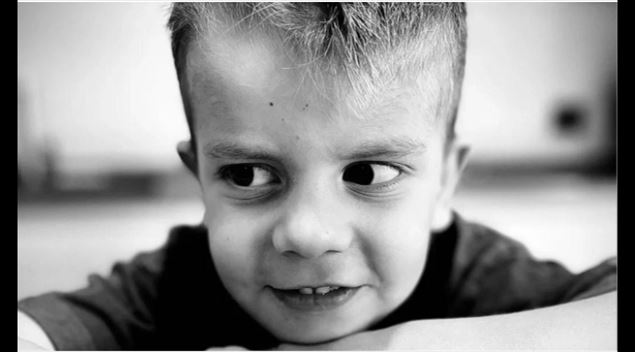“Forgiveness is less a favor than one makes to the other than a personal choice to free ourselves”.
Unscrew, bitterness, frustrations … We all have something to blame our parents. The question of forgiving them everything or not is complex, both personal and ethical. And for good reason, we owe them our coming to the world, our education and our values. However, certain behaviors, certain words cannot be endorsed or forgotten.
To forgive does not mean accepting everything, there are behaviors which are objectively harmful and which must not be tolerated, whether they come from our parents or from anyone else. “”Forgiving does not consist in minimizing the actions of our parents or making as if they had never existed, but on the contrary, in fully recognizing their impact on oneself, in fully measure their consequences and not to deny their unacceptable character, nuance Daniela Silva Moura, Doctor of Clinical Psychology and Psychopathology, author of “Better I know myself, better I take care” (ed. Le Courrier du Livre). In this context, forgiveness is less a favor than one makes to the other than a personal choice to free ourselves from the emotional weight of his injuries, his resentments and his anger. At the same time, this will allow us to assert his right to be respected and his dignity“.
Forgiveness can be perceived as a process which will not take its responsibilities from the other as to the behaviors he has had but which will allow us to accept the human limits which concern him. In this case, it is essential to admit that, although they made mistakes, our parents acted according to their own capacities (injuries, packaging). “”This perspective makes it possible to defuse anger or resentment that we can keep in yourself, while preserving our ability to set limits since we can decide to understand and accept the human limits of our parents, their failures and their clumsiness, without accepting some of their behavior“, Argue Daniela Silva Moura.
Forgiveness is therefore not an act towards your parents but especially towards oneself
The parent-child relationship has a particular dimension given the heritage that we share with our parents, whether biological, psychological, or experiential moral. It can be visible or invisible, but it talks about ourselves. Consequently, when we feed resentments or hatred towards our parents, this can indirectly be a form of rejection on the one hand of ourselves. “”Even if, as an adult, we forge our own identity according to our personal experiences, this parental heritage remains in us and sometimes influences very subtle way our way of thinking, to feel, and even to act. By choosing to forgive our parents, we release our relationship to this inheritance“, Continues our interlocutor.
Forgiveness is therefore not an act towards your parents but especially towards oneself. An act which allows us to step back, to observe these family dynamics with more lucidity and to decide in conscience if they suit us or if they deserve to be modified. “”It is not a question of rejecting parts that one has in yourself but of transforming them or of promoting them. We cease to remain trapped in certain patterns which we have inherited and which could be reproduced involuntarily“Concludes our expert.








